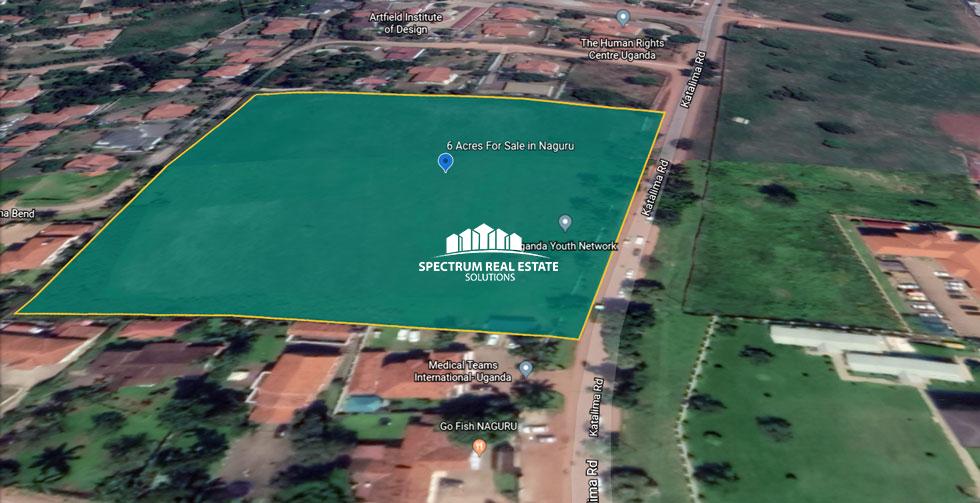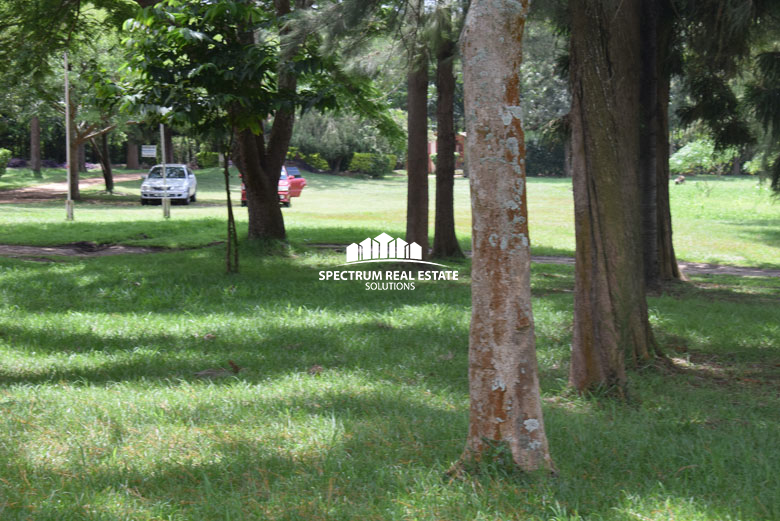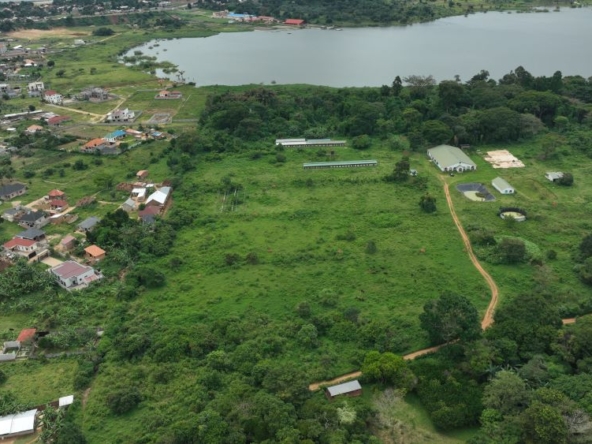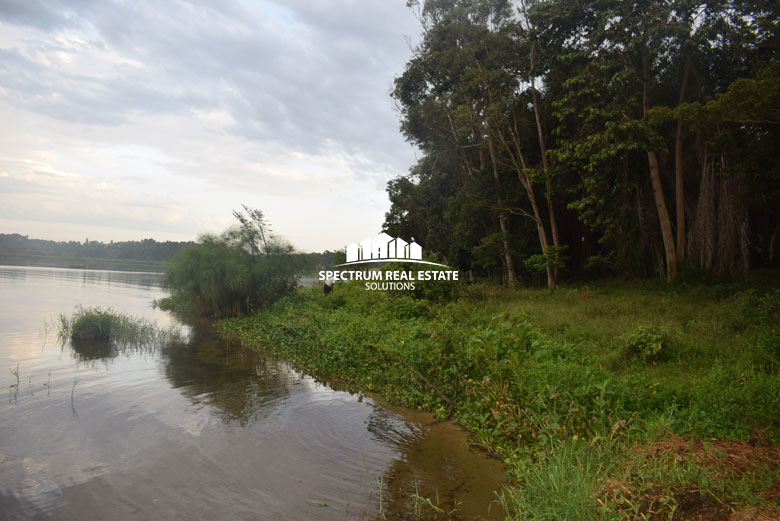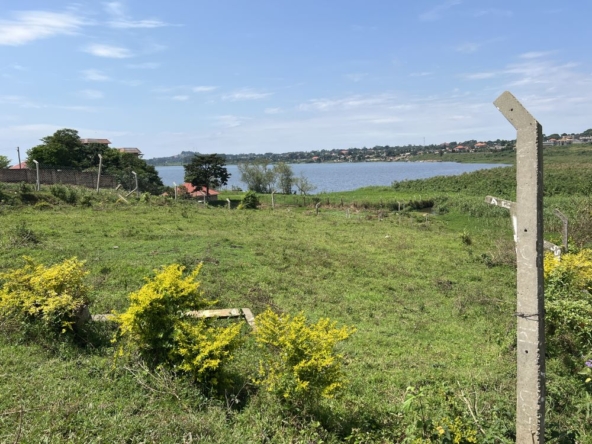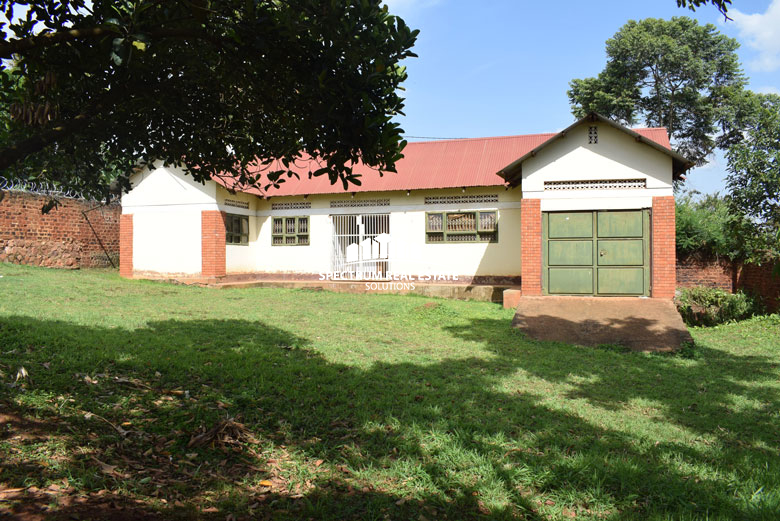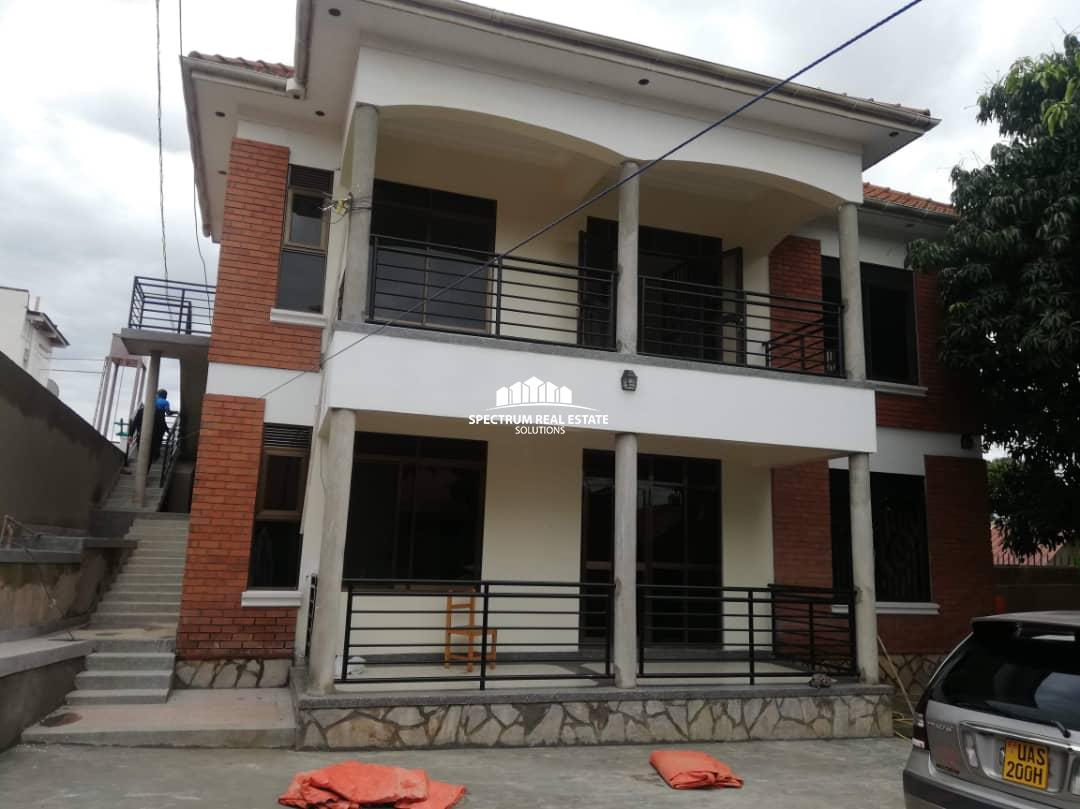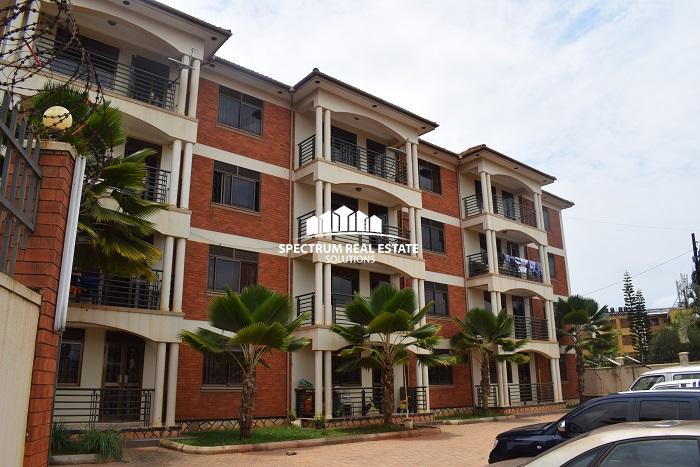Process of Buying Land in Uganda – Procedures for Easy Purchase
Land Buying in Uganda is properly handled is the most simple way to one’s property ownership or disposal dream. Unfortunately, because people don’t follow right channels, they have made land purchase become almost synonymous with conmen. Buying land in Uganda cannot be a hassle, principally when you use essential legitimate processes. It is significant to note that it is only by using the right legal procedures that your rights as a property buyer will be protected. On that background, Spectrum Real Estate Solutions presents to you basic legal procedures for stress-free real estate investments.
- Site Visit to the Land/Property
- Appoint a Lawyer to help you through whole process.
- Land Title Search in the Land Registry Office
- Meet the Owner and Negotiate Prices.
- Use a Professional Surveyor to Verify the Land Size
- Preparation of the Sale Agreement
- Payment of land rates
- Transfer Documents and Consent to transfer (land title transfer forms in Uganda)
- Property Valuation
- Stamp Duty Payment
- Registration of Transfer
- Final Payment and exchange of Completion Documents
Detailed Procedures
- Site Visit to the Land
This is the first step in purchasing land. A site tour will help know area in all aspects of economic and social infrastructure. Site visit also helps you appreciate the neighborhood, the geography and other preferred features. Once satisfied that this is the right land you may buy, get to know the following details about the property. Get to know the property type, the land tenure system, the asking price and the real owner. Usually, there is some information the land registry will never give you regarding the property history. Such information can only be got from the locals around the area who know the property very well. Local council leaders can help well on this. What you gather from such people should not be taken for mere truth but gives you a crew on what the property is all about. For the case of law-lying land or areas that look swampy, contact the National Environment Management Authority (NEMA) for report regarding the use of the property.
- Appoint a Lawyer to help you through whole process.
A professional advocate is very crucial almost at all stages of land purchase. He will advise you technically on what to do.
- Land Title Search in the Land Registry Office
You can use you lawyer to verify the authenticity of title of ownership in the land office. You will need a photo copy of the land title deed from the seller to carry on the search properly. The Lands office will offer a Search Report, which must show the names of the owner in question plus other details as indicated on the title.
Based at how busy the land office is, it takes one day to 3 days to get a search results as feedback to a search application form attached together with a title copy. In case you are buying land from a company or an organization, you need to do a company registry search at the Registrar Of Companies to ascertain the fact that you are dealing with an appropriately incorporated company. You will establish and identify the company directors and shareholders selling the property. Search assists the buyer to ascertain the right property ownership, its genuineness, establish its existence plus identifying the conditions, caveats, pending rates or encumbrances on the title.
- Meet the Owner and Negotiate Prices.
Once the prospective buyer is contented with the search results as presented by his lawyer from the lands registry, he will meet the owner for price discussions. You must meet the real owner of the property in case he is around or any individual entrusted to sell the property. Anyone who is not the owner must hold the Powers of Attorney which empowers him to do such transaction on his behalf. In your meeting, you will both unanimously agree on a final price after several offers and counter-offers between the buyer and seller.
- Use a Professional Surveyor to Verify the Land Size
Verifying the property size before executing the transaction is very essential. Get a professional registered surveyor to carry out a topographic survey of the land and confirm to you the size and shape as indicated on the title. The surveyor will also identify the land boundaries and mark stones. And he will issue to you a survey report in that respect.
- Preparation of the Sale Agreement
This Sale Agreement is drafted when a seller and buyer agree on the terms of the offer. It is the seller’s advocate that drafts the agreement and presents to the advocate of buyer for perusal and approval. It is vital for the buyer to entirely understand the agreement terms of sale. The buyer’s lawyer must clearly clarify all the clauses in the sale agreement and their implications.
When all the terms are decided upon between the two parties, the advocates will expedite and eyewitness the effecting of the agreement. Once it’s executed, the agreed deposit is extended by the purchaser through their advocate to the seller’s lawyer or directly to the Property owner’s account. However, the safest way to protect the buyer’s money is to keep it on the lawyers account since it acts a check against fraudsters.
- Payment of land rates
Buyers must know the payment of rates on land is a legitimate requirement of land owners and the seller should clear any pendent rates on the property before completing the transaction. And a seller should present a clearance certificate for the land before it is transferred to the buyer.
- Transfer Documents and Consent to transfer
The lawyer of the seller organizes transfer documents to be executed by both parties. These documents will only be accomplished following an issued consent to transfer by the commissioner of lands.
- Property Valuation
An application for valuation is always made to the government valuer, who makes a site visit to enable him or her to prepare the requisite valuation report all for purposes of Stamp Duty. This duty is vital since it acts a registration fee for the property. The duty is determined by a professional government valuer and the valuation is to determine true open market value of the as at the date of transfer.
Valuation further helps to estimate the declared value in the documents availed for registration to ascertain value declared in the instruments if it will be raised up or not. Therefore, the buyer has the responsibility of applying for the valuation of the land using the valuation form properly completed by the seller. The lands office uses such papers to fix the stamp duty payable.
- Stamp Duty Payment
The buyer has the obligation to pay the stamp duty, a tax levied on land transactions for registration and transfer purposes. It is imperative to know that the registration of transfer at the lands office cannot be executed not until the stamp duty has been cleared with a receipt to prove so.
- Registration of Transfer
When the registration course is done, the lawful possession of the land shall have legally changed hands there and then. In order to expedite registration of transfer the following documents have to be available. These include; the original title deed of the land, original stamp duty assessment forms and receipt, duly stamped transfer documents, original paid-up land rents receipts and clearance certificate, stamp duty valuation report, original land rates clearance certificate, consent to transfer plus application for registration.
- Final Payment and Exchange of documents
On receiving the completion documents from the seller, the buyer is obliged to pay to the seller the total balance on the purchase price via his lawyer to complete the registration of the documents following payment of the obligatory stamp duty. Documents from the lawyers of the seller encompass the land’s original title deed, the signed and witnessed transfer documents into the buyer’s names, receipts indication paid-up land rents plus clearance certificate and the consent to transfer.
It is very rare and unlikely that one can follow such procedures and still get cheated in the land purchase transaction. Land lawyers are in better position to advise you on the nitty-gritty of the whole transaction. Once your knowledgeable lawyer is fully satisfied about the documents presented, he would advise you to proceed with the transaction.


